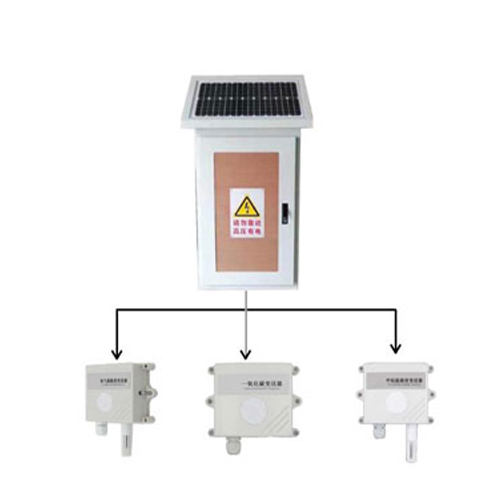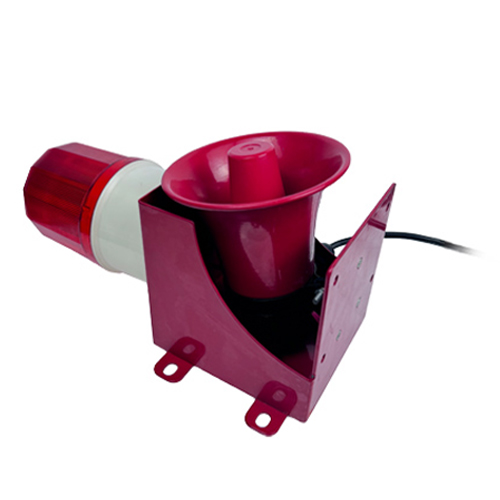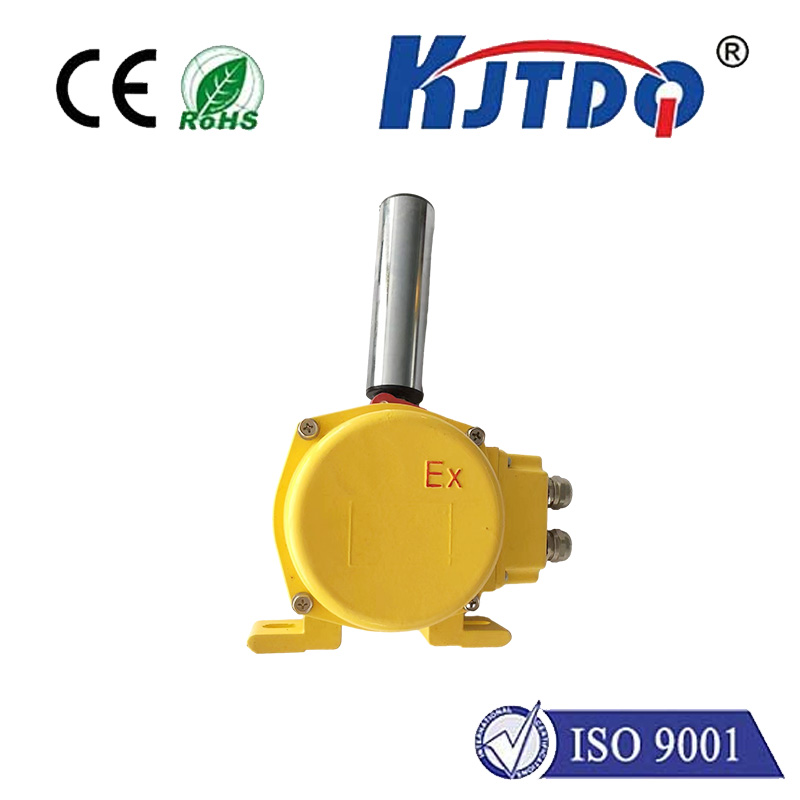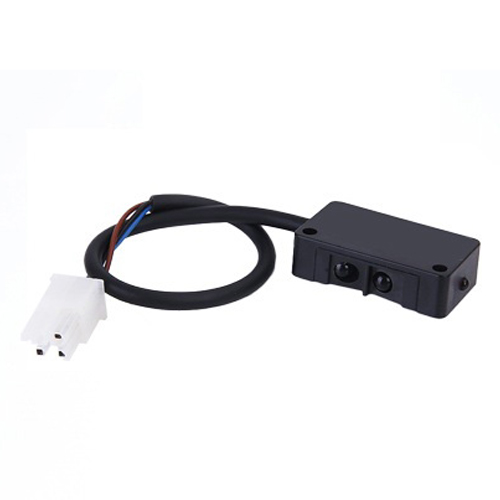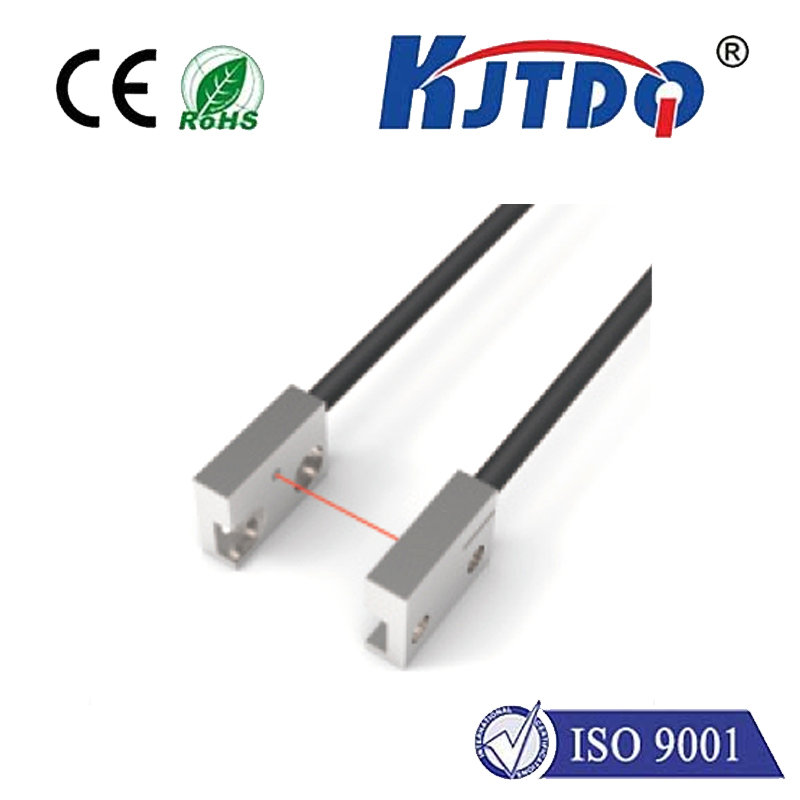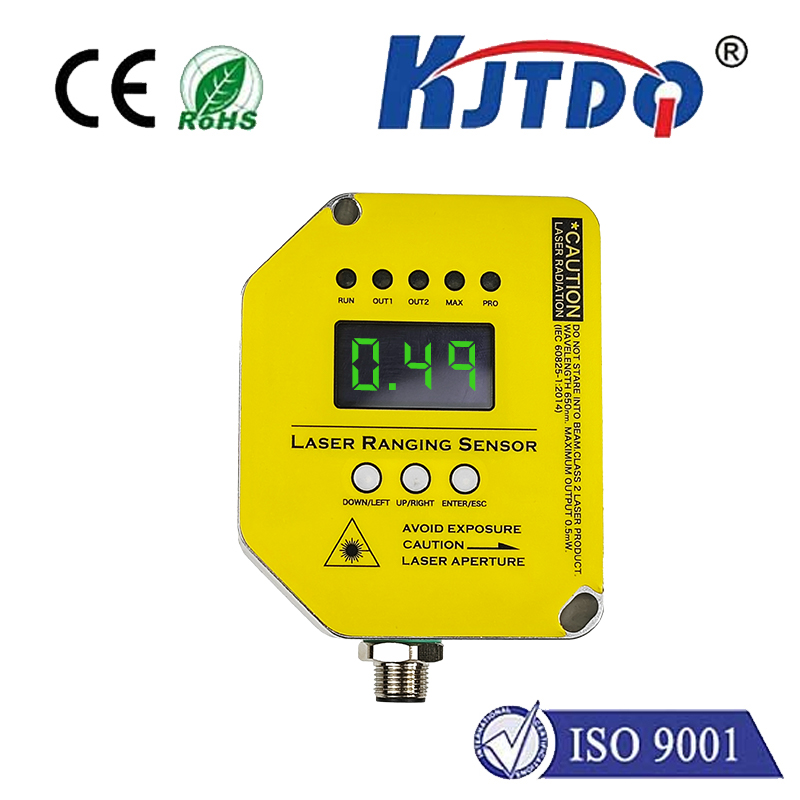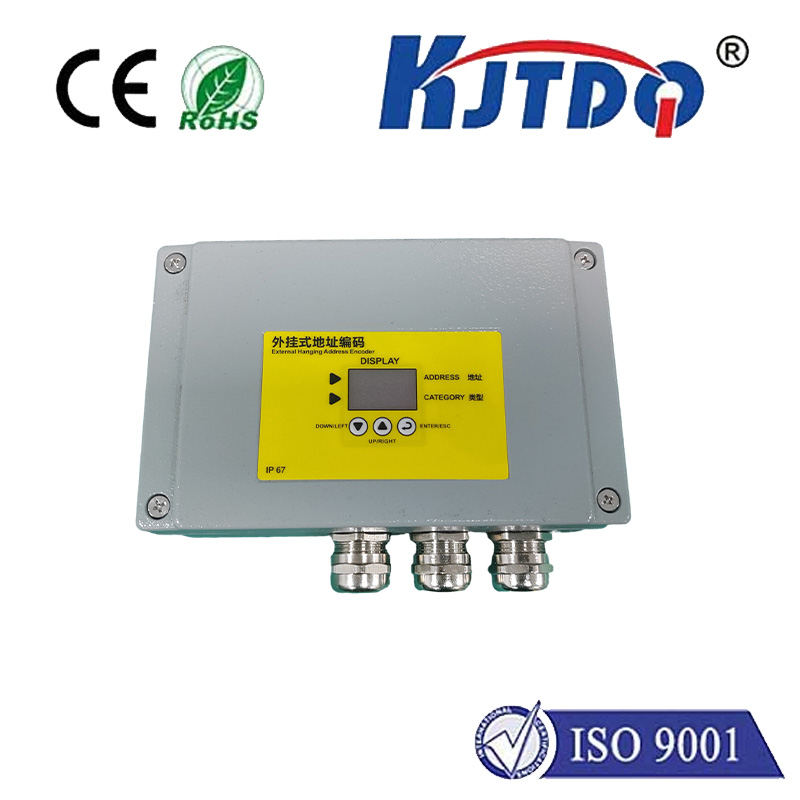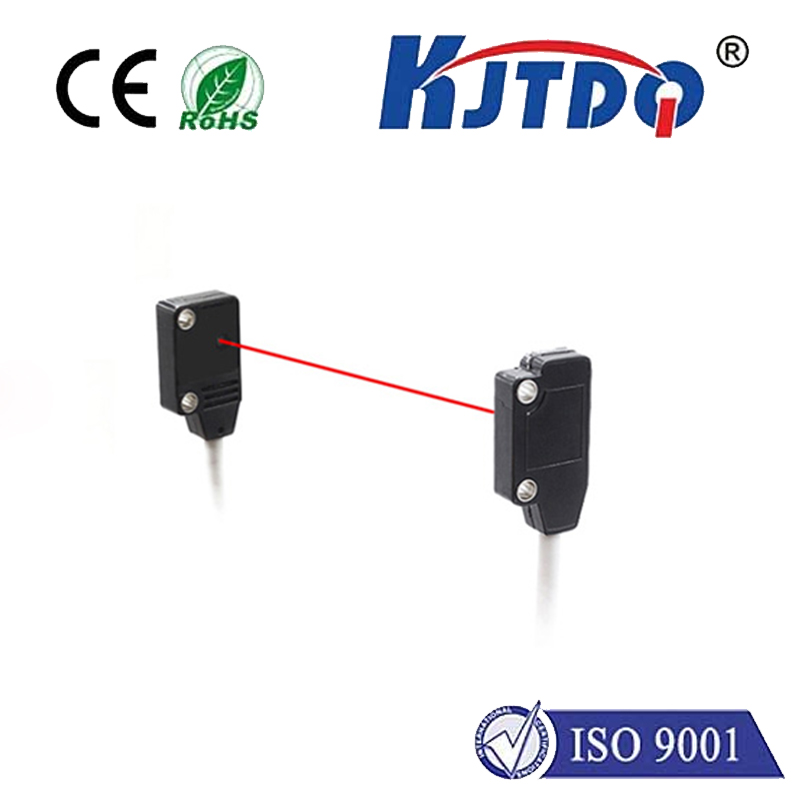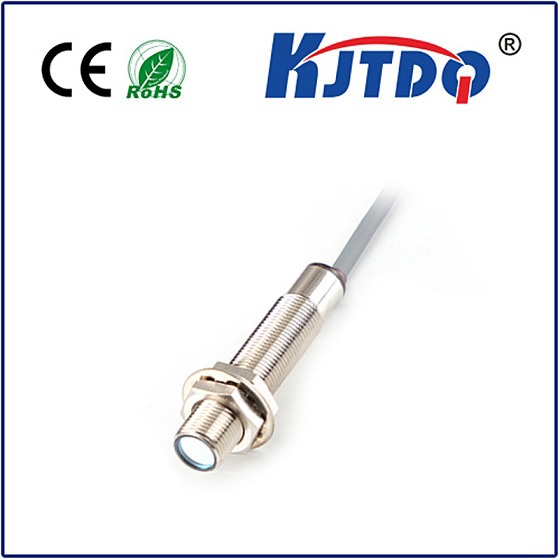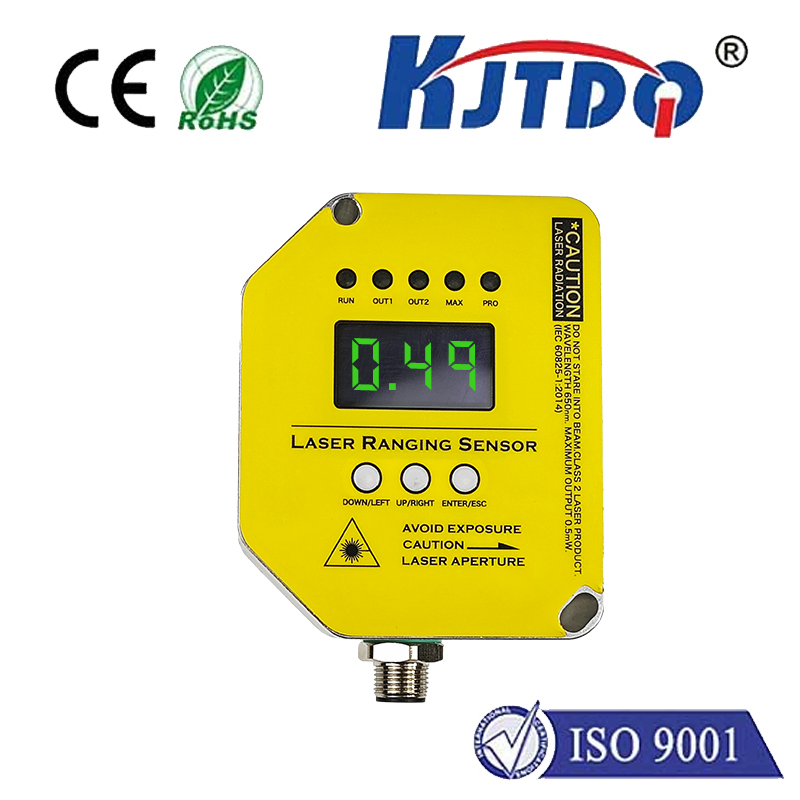

check

check

check

check

check

check

check

check

check

check
Laser Liquid Level Sensors: Revolutionizing Industrial Measurement
In the ever-evolving world of industrial measurement, accuracy and efficiency are paramount. One technological advancement that has made significant strides in this domain is the laser liquid level sensor. This innovative device has revolutionized how liquid levels are measured in various applications, offering unparalleled precision and reliability.
A laser liquid level sensor operates on the principle of time-of-flight measurement. It uses a laser beam to detect the distance between the sensor and the surface of the liquid. When the laser beam hits the liquid surface, it reflects back to the sensor, which then calculates the distance based on the time taken for the light to travel. This non-contact method eliminates many of the complications associated with traditional contact-based sensors, such as corrosion, clogging, or contamination.

The benefits of using a laser liquid level sensor are numerous. Firstly, they provide highly accurate measurements due to their precise optics and fast data processing capabilities. These sensors can detect even small changes in liquid levels, making them ideal for applications where precise control is required. Secondly, they are highly reliable and require minimal maintenance since there are no moving parts or surfaces that come into direct contact with the liquid. Additionally, laser sensors can operate effectively over a wide range of temperatures and pressures, ensuring their suitability for harsh industrial environments.
Laser liquid level sensors also boast excellent adaptability. They can be installed in various types of containers, including tanks, vats, and open channels. Their ability to measure through glass, plastic, or other transparent materials further expands their usability across diverse industries ranging from chemicals and pharmaceuticals to food and beverages.
Moreover, integrating these sensors with automation systems allows for real-time monitoring and control of liquid levels. This integration not only enhances operational efficiency but also enables predictive maintenance by identifying potential issues before they escalate into costly problems. As a result, businesses can optimize their processes, reduce downtime, and cut costs associated with manual inspection and maintenance.
Despite their advanced features, implementing laser liquid level sensors does come with some considerations. Initial installation costs may be higher compared to traditional sensors due to the sophisticated technology involved. However, considering their longevity and reduced maintenance needs, these sensors often offer a cost-effective solution in the long term. Additionally, while they are highly accurate under most conditions, factors such as foam, vapor, or excessive turbulence can interfere with measurement accuracy. Therefore, proper selection and installation by experienced professionals are crucial to ensure optimal performance.
In conclusion, laser liquid level sensors represent a significant step forward in industrial measurement technology. With their exceptional accuracy, durability, and ease of integration, they offer unparalleled advantages over traditional methods. By adopting this cutting-edge technology, businesses can streamline operations, improve product quality, and maintain a competitive edge in their respective markets. As industries continue to embrace automation and smart technologies, the importance of laser liquid level sensors will only continue to grow, cementing their status as an essential tool for modern industrial processes.
